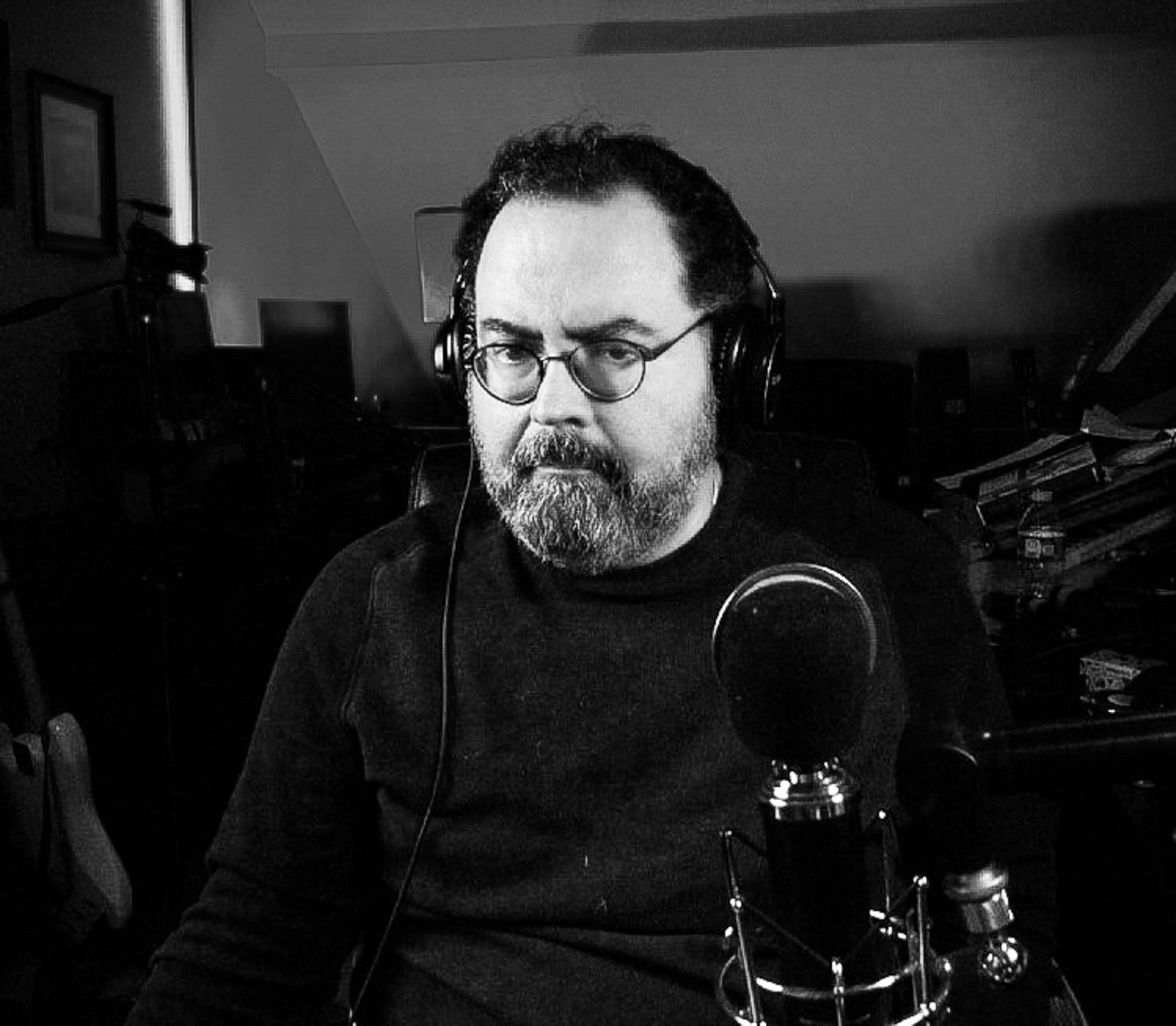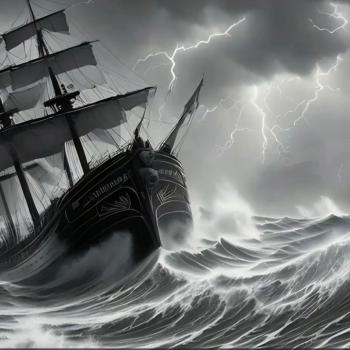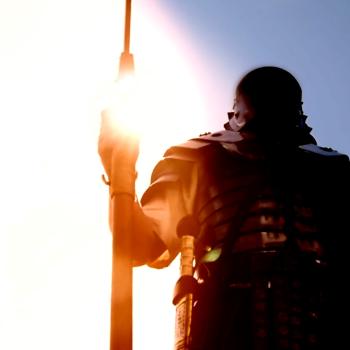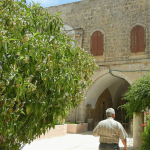
In this fourth installment, I explore a chapter within Fydor Dostoevsky’s “The Brothers Karamazov” Chapter 4 of Book II entitled “The Grand Inquisitor” is an important “short story within a book” that all people, believers and non-believers should read.
The Brothers Karamazov is Dostoevsky’s “tour-de-force” novel and it’s considered by many to be his best for its content. I mention this solely to differentiate the author’s style versus his content. Although Dostoevsky’s style can leave a bit to be desired as it’s often too heavily weighted with narrative and not enough vibrant dialogue, there is no question or compelling argument to be made about his philosophically-laden and brilliantly crafted fiction.
In “The Grand Inquisitor”, Dostoevsky takes us back to 15th century Spain and weaves a highly intelligent and philosophical tale that posits what might happen if Christ were to return for his foretold “Second Coming”. However, this story is a dark one that departs greatly from the prophetic Biblical versions.
Set during the time of the Spanish Inquisition, Christ appears without any pomp and circumstance, with no fire nor brimstone and no mention of the rapture or End of Days.
Instead, Christ never utters a word throughout the story. He is promptly identified by the people after performing a miraculous raising of a dead child. Christ is subsequently imprisoned by a prosecutorial, corrupt priest known as The Grand Inquisitor who interrogates the persistently silent Jesus despite the best efforts of the Inquisitor.
Oh, there is no mention of any such torture of the Inquisition as this story is really a series of questions and arguments on the “why” of Christ’s actions during his first appearance and this, his second return.
The Judgment and Justification of Christ
There are two key concepts that are presented to Christ by The Grand Inquisitor. The first is when Christ is asked about the logic or illogic of self-sacrifice versus enforced subservience of the people. The Grand Inquisitor (TGI) demands that the silent Christ explain his actions in terms of human understanding. According to TGI, Christ could’ve taken a more determinate path to ensure that believers would forever worship Him but instead, Jesus decided to martyr himself and disappear without return for centuries thus leaving the world in a state of declining belief and confusion. This “divine” sacrifice per TGI, was illogical and thus, inevitably subject to human inquiry.
The second important and most inventive of the premises as the fiction progresses is when The Inquisitor tells Christ that His Second Coming is no longer needed and would actually be detrimental to a people who had, after 15 centuries, become accustomed to total subservience and conformity to the “Earthly” ruling authorities. The sheer audacity of this blasphemous premise in Dostoevsky’s work bears some explanation.
Dostoevsky’s Religious Belief & Philosophy
The key to understanding this work is to understand Dostoevsky’s own experience and view of Christ and Christianity. Although raised in a devoutly orthodox Catholic household, Fydor developed a very complex view of Christianity which was frequently subjected for debates. The philosophy and thinking of the Petrashevsky Circle, a largely atheist socialist revolutionary group created some argument fodder for Fyodor who was struggling at a time of rapid social changes between the Enlightenment thinkers versus the Christian Church versus traditional Russian social thoughts of the time.
But make no mistake, what is known about Dostoevsky was that he remained ever faithful to Christianity. Jesus and His teachings can be found nearly everywhere in Dostoevsky’s writings. His characters, particularly the ones in The Brothers Karamazov, harbor or embody complex Christian-inspired paradigms and/or Biblical characteristics.
Essentially, Dostoevsky’s stories had a deeply philosophical take on Christianity that was often at odds with the phenomenological treatment of religion. The term “phenomenology” denotes what we, as humans experience, dictates what is “real”. In phenomenology, we humans are necessary to define reality as “to the limits of our perception and thus, to the limits of our understanding.
On the other hand Dostoevsky held a different worldview/paradigm. His thinking and writing illustrated his belief that there were universal truths to reality and existence that did not require us in the equation. Every Christian or believer in any deity for that matter must, by default also hold this view otherwise, no God could ever exist.
We can see this mixed treatment of Christianity throughout all of Dostoevsky’s writings.
The story of The Grand Inquisitor ends on a quiet poetic note when Christ maintains his silence and kisses The Grand Inquisitor on the cheek and departs the jail cell where he was being held.
Although Dostoevsky sends a poignant and mixed message with this end note, the message is really the same as the one in the Bible. Man cannot really know the mind of God with a level of complete certainty and more importantly, God still “so loves the world”.
Please See My Other Articles in This Series:
- Can You Find God In Your Bookstore (Part I) Moby Dick: Herman Melville
- Can You Find God In Your Bookstore (Part II)The Alchemist: Paul Coelho
- Can You Find God In Your Bookstore (Part III)The Life of Pi: Yann Martel
Postscript:
For more information on the mind of Dostoevsky, here is a good article entitled “The Philosophy and Theology of Fyodor Dostoevsky” by David J. Leigh,









